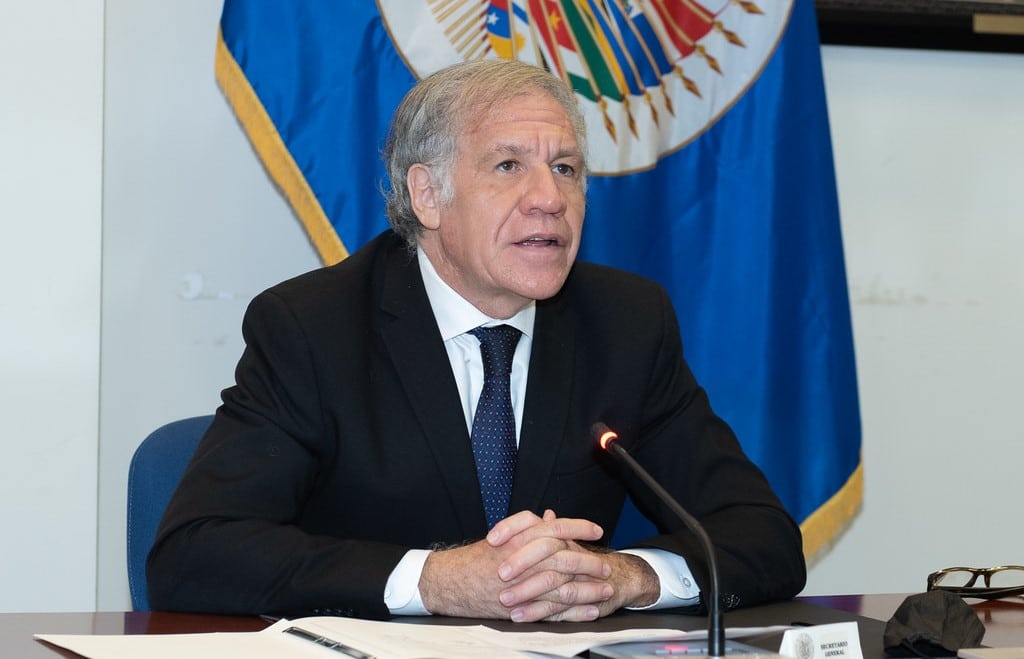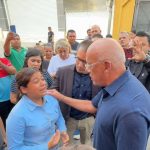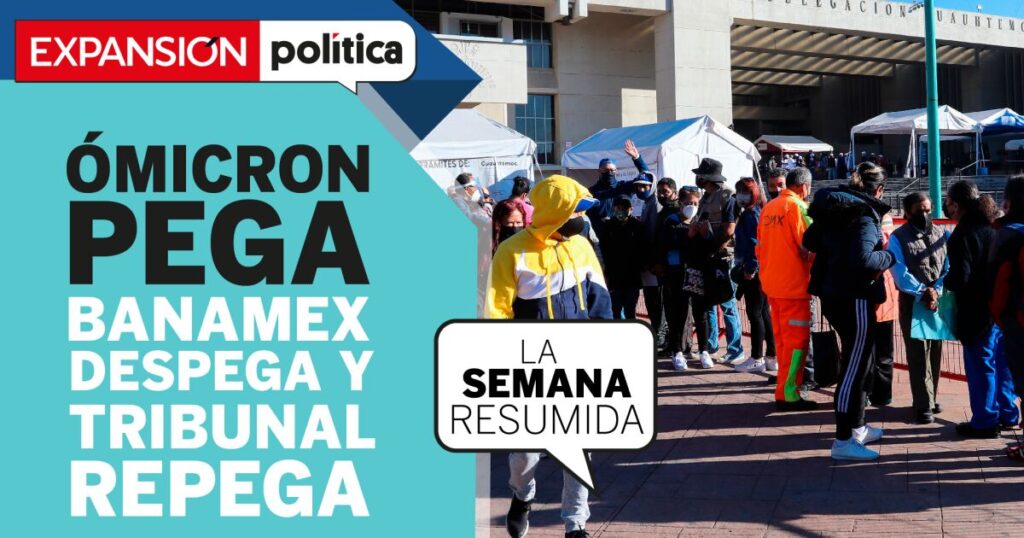The report that Luis Almagro, secretary general of the Organization of American States (OAS), plans to deliver this Wednesday during the session of the Permanent Council, is one of the last cards that this organization is betting on to become a determining actor in the restoration of democracy in Nicaragua.
This report is the result of the efforts of the Secretary General with the regime of Daniel Ortega and Rosario Murillo with the purpose of opening a channel of communication so that they accept a high-level commission of the organization to negotiate the holding of transparent elections and with credible observation. . The results of Almagro’s negotiations with the regime are unknown, but everything indicates that they were unsuccessful.
Until now, the instruments of the regional body have been ineffective in curbing the dictatorial career of Daniel Ortega and Rosario Murillo, which has left this body in a crossroads about its effectiveness in dealing with authoritarianism in the hemisphere.
Daniel Zovatto, regional director of the International Institute for Democracy and Electoral Assistance (International IDEA), in an interview on the podcast of the Washington Post, exposed what from his perspective are the reasons why the pressure from the OAS and the sanctions from the international community failed to prevent Ortega from imposing the presidential sash on January 10.
OAS Inter-American Democratic Charter is outdated
He affirmed that the main instrument of political and diplomatic pressure that the OAS can use, which is the Inter-American Democratic Charter, has been obsolete to deal with authoritarianism such as Ortega in Nicaragua or Chavismo in Venezuela.
“The instruments that were designed in the region to protect democracy, such as the Inter-American Democratic Charter itself, have become outdated in the face of this new type of authoritarianism. The Inter-American Democratic Charter was designed to protect democracy from traditional coups. Today, democracies no longer die through coups, but die through this new type of authoritarianism that comes to power through more or less free elections and then perpetuates itself in power, ending the division of powers, the rule of law, violating human rights and killing democracy from within”, Zovatto explained in his interview.
The Democratic Charter was adopted at a Special Assembly of the OAS held in Lima on September 11, 2001. It has only been used once as part of a process of suspension of a country, which was Honduras, as a result of the coup State that ended with the presidency of Manuel Zelaya in 2009.
Breaking the consensus in favor of democracies
Zovatto warned that the lack of effectiveness of the Democratic Charter goes hand in hand with what he calls a “fragmentation” of democratic positions in Latin America.
“The consensus in favor of democracy that existed in the Latin American region and that allowed the adoption of the Inter-American Democratic Charter was broken. There is a great acceptance of authoritarianism and countries like Mexico and Argentina have had a very condescending attitude towards the dictatorship of Daniel Ortega, saying that they cannot interfere in internal affairs. In addition, they have the explicit and express support of dictatorships such as Cuba and Venezuela, as well as other dictatorships outside the region, such as China and Russia,” added Zovatto.
On this point, Michael Shifter, president of the Inter-American Dialogue political think tank and analysis center, expressed that he does not estimate the possibility that the new Ortega dictatorial cycle that began this January 10 will imply a change of position in Buenos Aires and Mexico City.
“It doesn’t seem very likely to me that Mexico or Argentina will change their position regarding Nicaragua. Both governments have expressed enormous mistrust of the OAS, directed above all at the current Secretary General, for his actions in the cases of Venezuela and Bolivia. They have also expressed their commitment to the principle of sovereignty and non-intervention in the internal affairs of countries in the region, although in practice this principle has been applied in a very selective manner, according to ideological affinities”, said Shifter.
Financial organizations disconnected from the OAS
Zovatto mentioned as another of the key points for the lack of results of the OAS, the disconnection of the regional organization with the positions that international financial organizations take with respect to Nicaragua.
“There is an evident disconnection between the decisions and sanctions that are adopted within the political organs of the inter-American system, that is, the OAS, and the decisions that are adopted within the sphere of international financial organizations such as the International Monetary Fund, the Bank World Bank, the Inter-American Development Bank and especially with CABEI (Central American Bank for Economic Integration),” Zovatto explained.
“While the political bodies condemn the dictatorship for its human rights violations and do not recognize the legitimacy of the past elections, in the sphere of financial organizations loans and disbursements continue to be approved, ultimately financing the dictatorship. This disconnect between the political and the financial makes it less effective.to to the struggle and pressure against the Ortega and Murillo dictatorship,” he added.
Since the international community began to turn its back on the regime of Daniel Ortega for the accusations of crimes against humanity with 355 documented murders, CABEI became the main source of resources for the dictatorship, to which it approved projects for 2,289 million dollars between January 2017 and June 2021.
Even on December 14, it became known that CABEI approved a new loan for 382.6 million dollars, for the execution of the tenth ‘Road Expansion and Improvement Program’, which increased the amount disbursed in favor of the Ortega regime in the last five years. years to 2671.6 million.
The loss of US leadership
Finally, another point that has weakened the effectiveness of the OAS is the loss of US leadership in the region. Even to date, the Senate of the North American country has still not confirmed the proposal for permanent representative before the regional body made by President Joe Biden, which is the Cuban-American professor Frank O. Mora, from Florida International University (FIU).
“The leadership of the United States is too weak today to lead, as in the past, a strong offensive against the dictatorship and in favor of democracy, which in our region is aggravated precisely by the breakdown of the consensus in favor of democracies. that it has given in the region”, Zovatto pointed out in his interview.

















